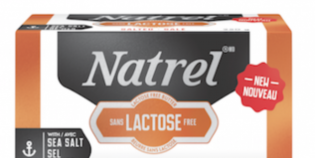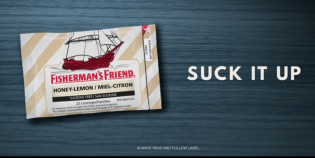Plus-size fashion used to be a bit of an oxymoron, but fresh offerings from retailers and some high-profile models have put the plus-size market on the sartorial map. A hot topic as well as a highly controversial one, the term “plus-size” is still considered offensive by some, sparking social media protests such as #DropThePlus.
On the other hand, some women have taken on the term as a badge of honour. Plus-size fashion bloggers such as Nadia Abdoulshon have huge followings and are being tapped by brands to launch clothing collections and star in marketing campaigns.
These curvier fashion models are gaining increased influence online as well as in more traditional mediums. Tess Holliday, an American plus-size model who started the #effyourbeautystandards movement on Instagram, recently landed the cover of People magazine. At size 22, Holliday is said to be the first woman of her size to land a major contract with a top modelling agency.
The term ‘plus size’ was actually first coined by Lane Bryant in the 1920s. Now, nearly 95 years later, the brand is making a huge impact on the fashion industry again with its viral #ImNoAngel campaign, which emphasizes the fact that every woman can be sexy – not just a size 0-4.
The campaign is a not-so-subtle jab at the traditional beauty standards of Victoria’s Secret and has women from all over the world posting photos of themselves confident in their own skin with positive affirmations. The commercial got rave reviews and the YouTube video received over two million views in less than one month.
While some brands still refuse to touch this segment of the market, Lane Bryant and others are thriving in it. AbbeyPost, an online plus-size retailer that launched in 2013, is a great example. The site allows customers to browse through a vast catalogue and then completely customize their order. This doesn’t just mean women can choose one type of neckline over another, it also allows the user to order any garment in a custom tailored fit. This brings real-time manufacturing and customization to a new level.
The breakthrough of offering a made-to-measure, fast-fashion retail shop came from Cynthia Schames, CEO of AbbeyPost (which was recently acquired by Sourceeasy). As a plus-size woman herself, Schames found many garments were ill-fitting, poor quality and many times, painfully unfashionable. So, she set out to find a way to better serve the market and AbbeyPost was born.
While retailers are giving plus-size fashion a new look, the movement is really being driven by consumers, since so much of the fashion industry has ignored full-figured women in the past. Instead of waiting around for the industry to change, fashionistas of all shapes and sizes are starting a revolution that embraces real women. The term “fat shaming” was virtually non-existent in 2012, but started gaining traction with the media’s attack on Kim Kardashian’s weight gain during her first pregnancy. Since then, the term has steadily risen in popularity to call out the unfair treatment of individuals based on their body weight.
Despite the rise in “real” beauty being a topic of discussion in the mainstream, the fashion industry still has a long way to go in accepting fuller-figured women. Fortunately, women are now demanding more from fashion retailers and are becoming much more vocal about it. This is starting to change not only plus-size fashion offerings, but body image perceptions and conversations about the issue.
Shelby Walsh is president at Toronto-based Trend Hunter, an online trend community and research company.









